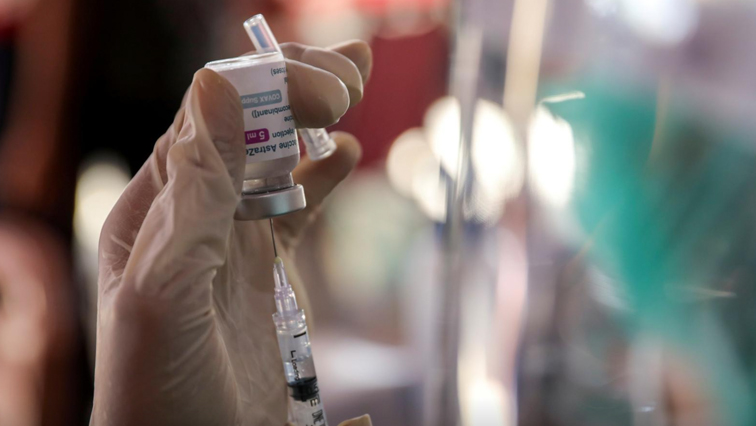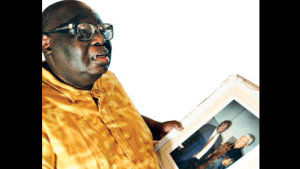This week, Minister of Trade, Industry and Competition Ebrahim Patel represented South Africa during a BRICS Business Council meeting.
In a statement released afterwards by his department, minister Patel was quoted as saying South Africa must rebuild its manufacturing strength to be able to fully benefit from the opportunities in the BRICS markets.
For the uninitiated BRICS, which is an acronym referring to the countries of Brazil, Russia, India, China and South Africa, is deemed to be a strategic partnership of like-minded nations en route to similar path of growth and economic development
Way too often the South Africa’s media gets bombarded by communiques from the government detailing its role and participation in BRICS forums.
Since 2010 South Africa has been a member of this potentially powerful select group of continental giants that plan to collectively solidify their influence in international organisations, institutions and markets alike.
Yet, truth be told, South Africa has evidently not derived much in its arsenal to prove its benefits of the exclusive BRICS membership a decade later.
I recently lamented South Africa’s apparent failure to procure COVID-19 vaccines from both China and Russia. South Africa’s neighbour to the north, Zimbabwe, has already received China’s Sinovac vaccine.
Countries in North and East Africa are utilising their relations with Russia and China and accessing their vaccines. China’s vaccines are being administered to tens of millions in China alone, and surely if they weren’t safe Beijing would never have authorized the jabs?
As for Russia’s Sputnik V, no less than 55 countries around the world have endorsed its use. President Vladimir Putin recently took it in public. Sadly, South Africa, a BRICS ally, is not among the 55. This is quite mind-boggling.
Elsewhere in the European Union, Germany is putting pressure on Brussels to purchase Sputnik V ahead of the much-anticipated regulatory approval.
Bavarian Prime Minister, Markus Soeder, has been one of the loudest eminent German public office bearers to call for a speedy approval of Sputnik V in his country. “We need to think more freely,” he was recently quoted as saying, indicating the presence of politics-at-play amid a bid to acquire the Russian vaccine.
Meanwhile, in Hungary, the country’s foreign minister recently became the first EU politician to take Sputnik V, live on camera.
Italy is set to become the first EU country to produce the Russian vaccine on home soil. The clamour for the Russian vaccine is ubiquitous, yet South Africa – in spite of the scarcity of the vaccines, and the global scramble for access, does not seem to be at Moscow’s or Beijing’s front queue. So much for BRICS allies!
COVID-19 pandemic is a major threat to the entire human race. It is unwise, therefore, to play the usual Geo-politics with the beleaguered lives of innocent men, women and children.
This is a sad reality about our international world order today. Even as the world is faced with a common threat, sectarian politics nonetheless reign supreme. This regrettable reality was recently revealed in the annual report of the US Department of Health and Human Services.
The US government appear to have taken advantage of its cordial bilateral relations with Brazil to convince Brasilia to reject Sputnik V. Consider that this under-handedness happens in the wake of Brazil’s recorded over 280 000 COVID-19-related deaths.
Yet vaccinating the Brazilians with Sputnik V was seemingly viewed by Washington as a potentially unacceptable victory to Moscow.
The world had waited to bear witness to President Joe Biden ushering in his electioneering time promises of a new era of diplomatic fair-play, but it seems the more things change, the more they stay the same.
This is the kind of uncouth yet frantic diplomacy that is going on between the powerful countries and their weaker counterparts. The worst-case scenario and Heaven forbid, could be a threat of unilateral economic sanctions against countries that purchase either the Russian or Chinese vaccines.
This is a real imbalance that the UN needs to address and redress as a matter of utmost urgency. Unilateralism must never triumph over multilateralism, otherwise what is the use of having international organisations in the 21st century?
The world does not need any weaponisation of COVID-19 vaccines; instead, it needs a compassionate protection of lives by those their electorates have trusted to put in office.






